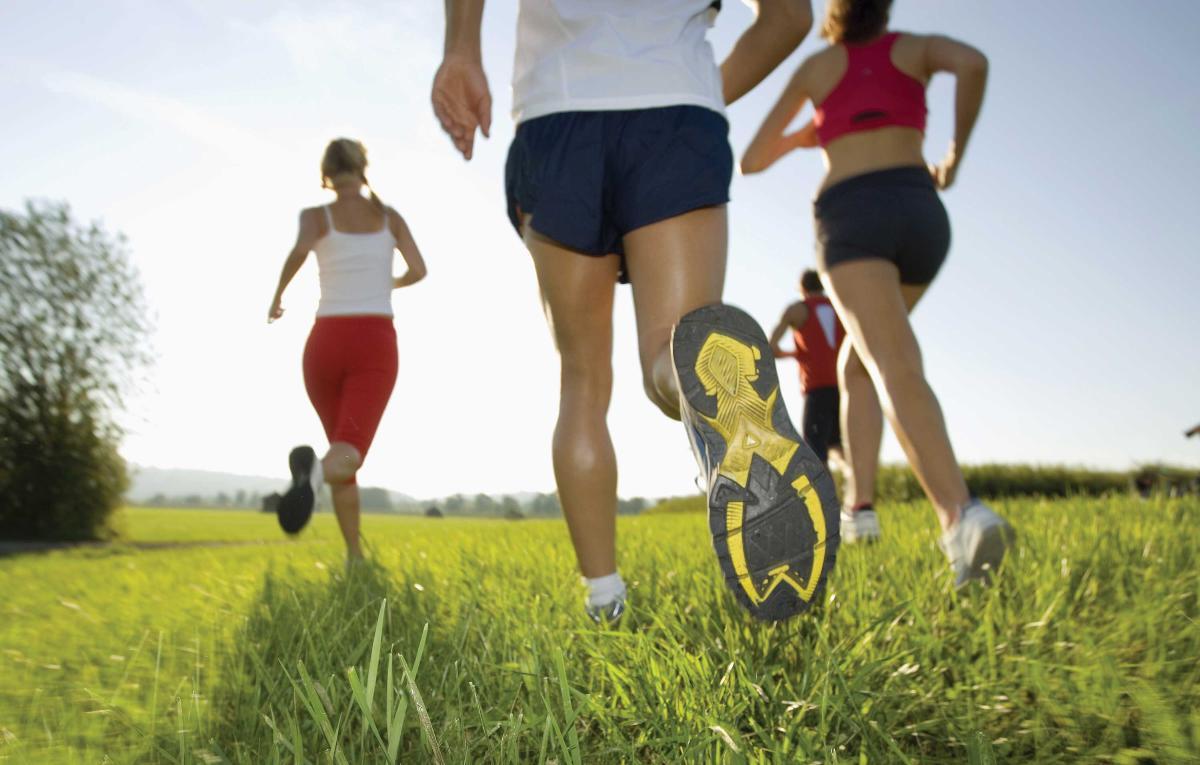A Timeline of How Your Body Reacts to Exercise
Our fabulous Exercise Physiologist, Liz Schultz, has provided this information to help to motivate those people who've been contemplating starting some regular exercise!
Do you know what changes your body goes through physically and mentally when you exercise?
What happens to your body within the first 10 minutes of starting a new exercise program?
As soon as you start exercising your body will respond by stimulating and inhibiting physiological processes that will allow you to exercise more efficiently. For example, your cardio-respiratory system increases above what it would be at rest, whereas the digestive system slows down.
Within the first ten minutes your heart rate increases meaning there is an increased supply of blood to the brain, making you more alert, blocking pain signals and then the body will use different energy systems depending on the duration and intensity of the exercise.
What happens after one hour of exercising?
The body doesn’t like to waste energy, so it is always trying to work as efficiently as possible and return to a state of balance. ‘Cardio’ and ‘weight training’ are different, so the body will respond differently and prioritising blood supply to the muscles that are most active.
What happens an hour after you finish exercising?
The body will try to return to its resting state as quickly as possible, the fitter you are the better your body is at doing this.
Generally, everything that was elevated during the exercise will now slow down, whilst everything that was slowed during exercise will speed up.
Interestingly, during this process there is typically an over-reaching effect, whereby the body doesn’t just go back to “normal” pre-exercise levels, but it actually overcompensates.
For example, during exercise, blood pressure is elevated as a result of increases in both the heart’s activity and resistance within the blood vessels, however, after exercise people can experience “post-exercise hypotension”.
This is when your blood pressure actually goes lower then than your normal resting levels.
What happens a day after commencing an exercise program?
When you exercise your muscles experience micro-trauma and can result in “delayed-onset muscle soreness” or “DOMS” for short. Experiencing muscle soreness after exercise is normal and luckily isn’t something that occurs after every session.
Once your body becomes accustomed to that type of exercise, the delayed soreness is often minimal.
What happens three days after commencing an exercise program?
Exercising can result in a prolonged increase in your metabolic rate for up to 72 hours post-exercise. One study has shown that after 45 minutes of vigorous cycling, participants experienced an approximately 40% rise in their metabolic rate for 14 hours post-exercise. Meaning you are still burning more calories and receiving heart and lung function improvements long after the exercise session has finished.
What happens one week after commencing an exercise program?
You start to experience both physiological and mental changes.
On a cellular level mitochondria (the mini power plants that produce energy) multiply, meaning that your body can produce more energy.
People are also likely to experience improvements in their self-confidence and reductions in symptoms of depression.
What happens two weeks after commencing an exercise program?
Between two and four weeks of regular exercise you will start to see measurable improvements in your strength and fitness. If weight loss is a goal and your exercise program is being complemented by healthy eating then you may start to see desirable changes in your weight.
What happens four weeks after commencing an exercise program?
People can expect to see improvements in their physical health, mental health, social health and financial health. Exercise has been shown to improve productivity, reduce sick days and reduce out-of-pocket health system expenses for those already living with chronic conditions, such as Type 2 Diabetes.
Essentially, you will be happier, healthier and have a new lease on life.
For more great exercise information visit: www.exerciseright.com.au


